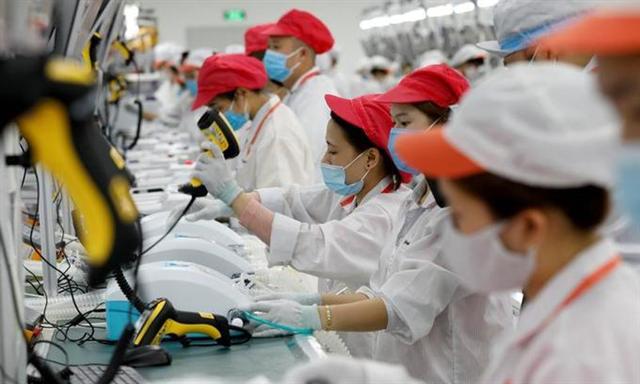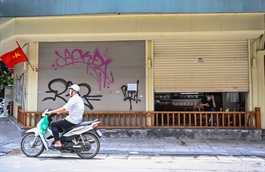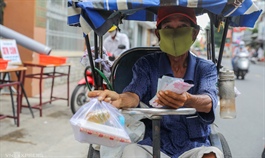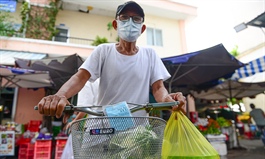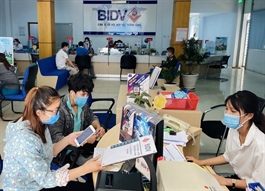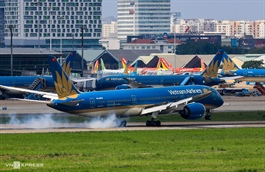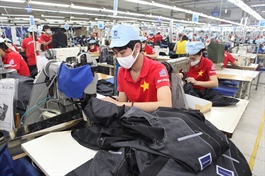Vietnam in ASEAN top three for business expansion destinations
Vietnam in ASEAN top three for business expansion destinations
Singapore, Thailand and Vietnam are the most attractive Southeast Asian destinations for companies to expand production and business, according to a recent survey by the Standard Chartered Bank.
Laborers work at an assembly line to produce ventilators at Vsmart factory of conglomerate Vingroup outside Hanoi, August 3, 2020. Photo by Reuters/Kham.
|
The survey’s results showed that most of enterprises in the ASEAN are focusing on business opportunities in the region, expecting strong growth in the next 12 months.
Singapore became the most attractive expansion destination with 80 percent of surveyed firms saying they are centering their production and business expansion in the country, followed by Thailand with 60 percent, and Vietnam with 50 percent.
Many firms have opted for Singapore to erect headquarters, sales and marketing offices, R&D centers or innovation centers at the regional level.
Corporate leaders said three driving forces for them to expand business in the Southeast Asia are: access to increasingly expanded consumer markets in the region; access to international markets through free trade agreements; and an abundant skilled workforce.
Besides, the Regional Comprehensive Economic Partnership (RCEP) is expected to lure more investment into the bloc. All the surveyed enterprises said they have plans for investment expansion in the next 3-5 years.
However, enterprises also pointed out many risks and challenges. The three biggest risks were: Covid-19 and other health-related risks; geopolitical instability and trade conflicts; and sluggish economic recovery and weakened consumption demand.
They also said that the biggest challenges in the next 6-12 months include changing business models to adapt to actual situations in each field of production and business, building relations with suppliers and adapting to logistics requirements of supply chains, and fully understanding national regulations on payment methods and infrastructure.


